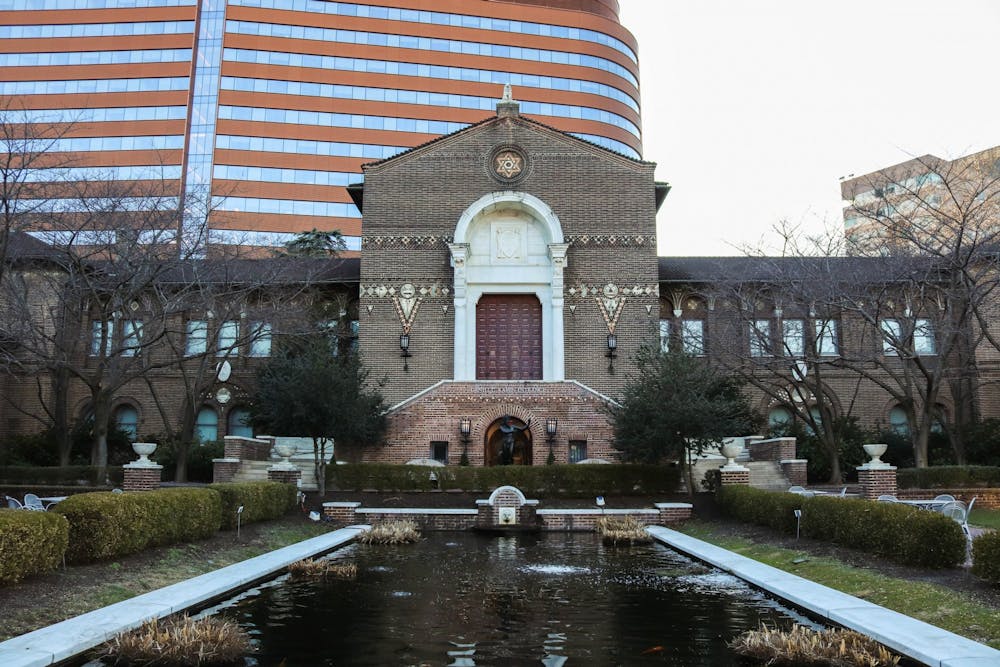Seven institutions in Pennsylvania — including the Penn Museum — continue to hold Native American remains, according to a new ProPublica and NBC News investigation.
The investigation found that museums across the US held more than 110,000 Native American remains, despite a 1990 federal law requiring that institutions must return Native American remains, funerary objects, and cultural items to descendants. Among the remains, 404 out of 632 of the remains located at the Penn Museum have not been made available for return.
The Penn Museum ranked 46th on ProPublica’s list of institutions in the country that had not repatriated remains to Native Americans. Other museums in Philadelphia that still hold remains include Temple University and the Mütter Museum, which still hold 116 remains and 54 remains, respectively.
Penn Museum director Christopher Woods told the Philadelphia Inquirer that repatriation is "incredibly sensitive, time-consuming work." He added that the work is "ongoing."
“There is no ‘one size fits all’ approach to handling repatriation,” Woods told the Inquirer.
Since the 1990 federal law was passed, Penn has sent over 3,000 letters to 400 Native American tribes, according to the Inquirer. The University has so far returned 270 sets of human remains and hundreds of funerary objects.
The Penn Museum has also recently come under criticism for the Museum’s “unethical possession” of the Morton Cranial Collection and its possession of the MOVE bombing remains. The Museum previously announced in 2021 that the Museum is planning to repatriate the Morton Collection, which includes crania from enslaved individuals.
“The repatriation and reburial and reuniting of human remains with their ancestor communities is going to be a very important part of the Museum’s work moving forward,” Woods said to The Daily Pennsylvanian in 2021. “This is something that we’ve been working very hard on, and we’ve been making a number of hires and improvements, particularly to the physical anthropology space.”
RELATED:
Penn Museum to hold virtual lecture on antiquities trafficking and art crime
Brother of 1985 MOVE bombing victims sues Penn, City of Philadelphia for mishandling of remains
In 2014, Penn Museum hosted a Native American Voices exhibit which included items belonging to the T’akdeintaan Clan of Native Americans in Hoonah, Alaska. The items were the subject of a case that the clan submitted in 2010 to the review committee of the National American Graves Protection and Repatriation Act — a federal law that requires museums to alert indigenous people of what items they possess that belong to their communities.
The committee found that Penn Museum did not have a right to possess items belonging to the T’akdeintaan clan, acknowledging the items' cultural significance but declining to recommend that Penn return the items. The museum ultimately chose to repatriate eight items and proposed a co-owning agreement with the clan for all of the objects belonging to them, which the clan said was unsatisfactory.









